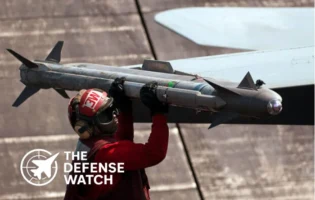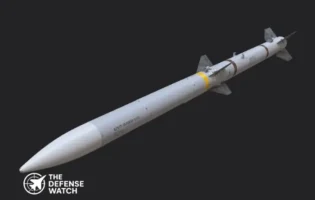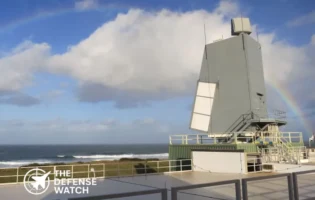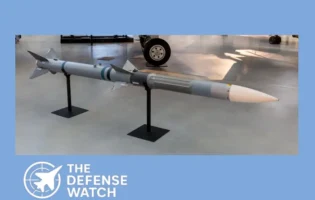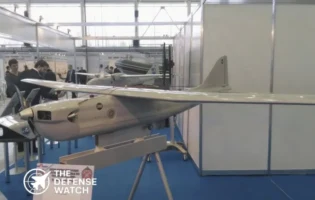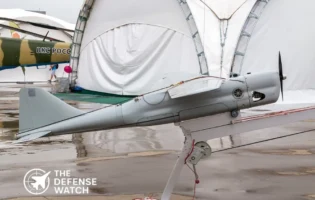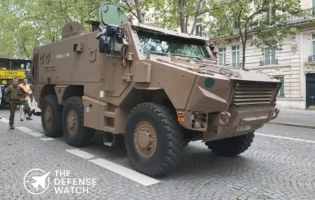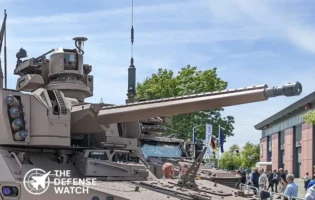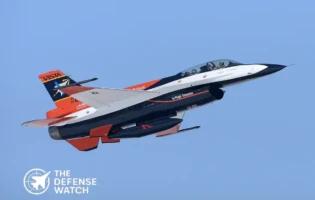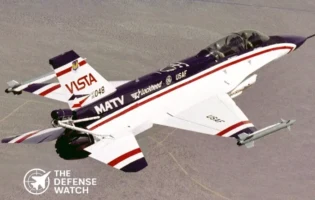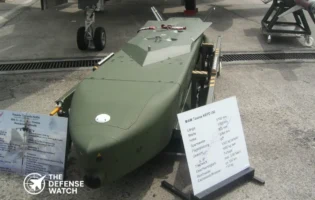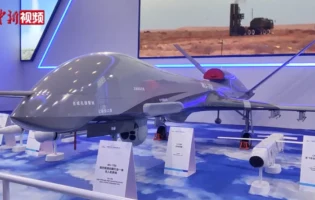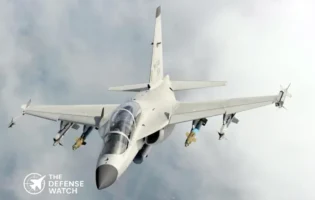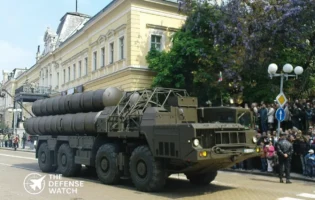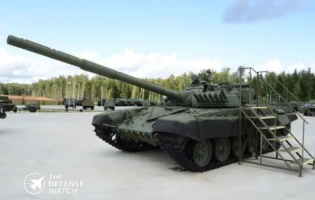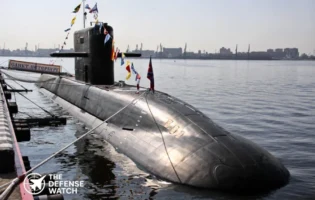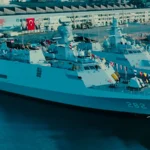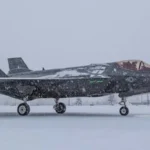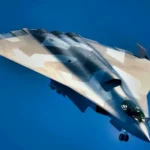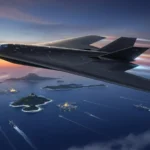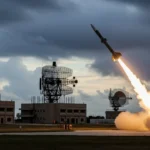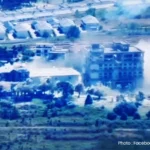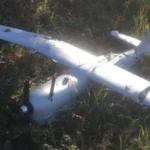- Home
- Catalog
- Defense Systems
- Patriot PAC-3 Missile Defense System
Patriot PAC-3 Missile Defense System
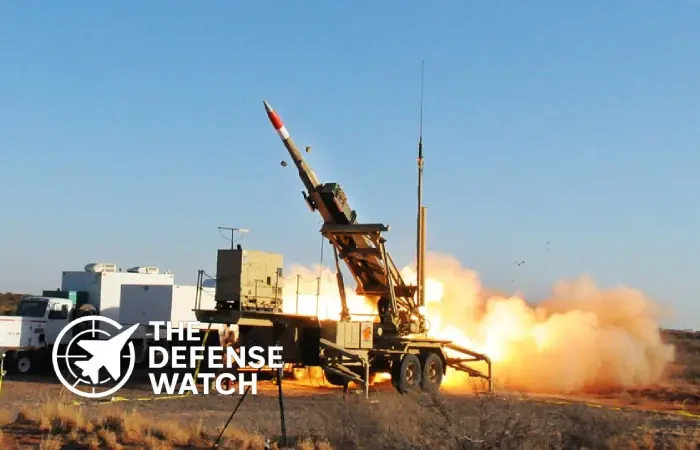


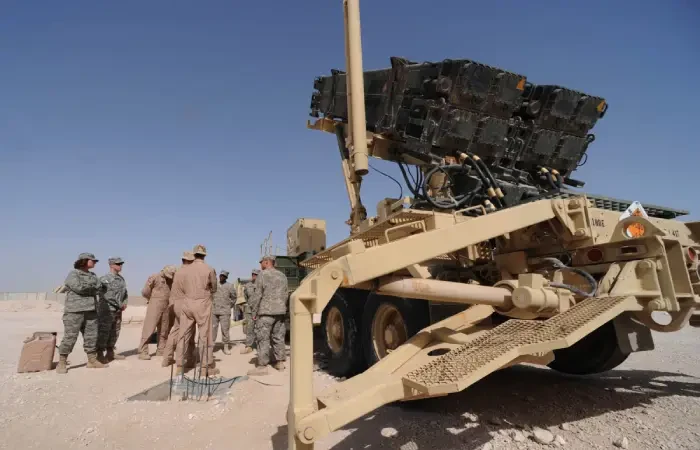
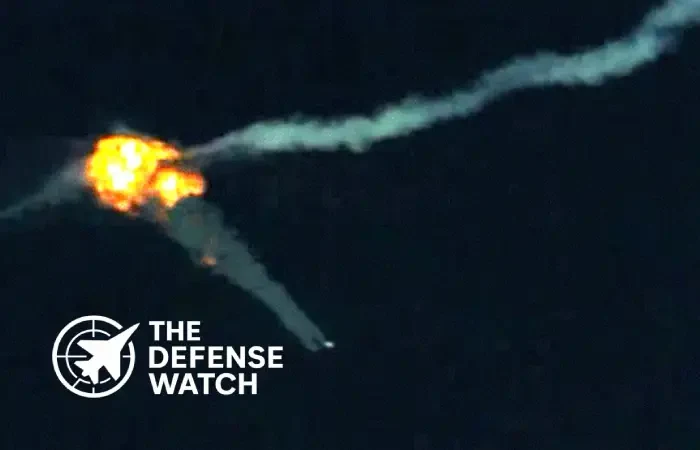
Full Specifications
1. General Information
| System Name | MIM-104 Patriot PAC-3 |
| Manufacturer | Raytheon Technologies |
| Country of Origin | United States |
| Type / Role | Surface-to-Air Missile (SAM) System |
| In Service | Yes |
| Year Introduced | 1981 |
| Unit Cost | USD 1 Billion (Estimated per Battery) |
2. Performance & Capabilities
| Maximum Engagement Range | 160 km |
| Maximum Engagement Altitude | 24 km |
| Target Types | Aircraft, Ballistic Missiles, Cruise Missiles, UAVs |
| Interception Probability | 90% (Short-Range Missiles) |
| Reaction Time | 9–15 seconds |
| Radar Detection Range | 150–300 km |
3. Missile Specifications
| Missile Type | PAC-3 MSE / GEM-T |
| Missile Length | 5.0 m |
| Missile Weight | 312 kg |
| Warhead Type | Fragmentation / Proximity Fuse |
| Warhead Weight | 90 kg |
| Speed | Mach 4.5 |
4. Radar & Fire Control
| Radar Type | Active Electronically Scanned Array (AESA) Radar |
| Radar Name | AN/MPQ-65 |
| Detection Range | 150–180 km |
| Tracking Capacity | 125+ Targets |
| Guidance System | Command + Semi-Active Radar Homing |
| Fire Control System | Automated Digital Fire Control System |
5. Launcher & Mobility
| Launcher Type | Mobile / Truck-Mounted |
| No. of Missiles per Launcher | 4–16 |
| Reload Time | 30–60 minutes |
| Mobility Platform | M983 HEMTT Truck / Tatra 8x8 |
| Crew Required | 3–5 personnel |
6. Command & Control
| C2 System | Integrated command and control for real-time engagement |
| Connectivity | Secure, encrypted data links |
| Network Capability | Network-centric, interoperable with allied systems |
| Operation Mode | Autonomous, semi-autonomous, networked |
7. Operational Use
| Primary Operator | USA, Germany, Japan, Israel, South Korea |
| Combat Proven | Yes |
| Conflict History | Iraq War, Yemen, Ukraine |
| Notable Feature | Multi-Layered Defense Capability |
PROS
- Combat-proven with global deployment history
- High interception success rate against ballistic missiles
- AESA radar ensures superior tracking accuracy
- Modular, mobile, and network-integrated design
- Interoperable with NATO and allied defense systems
CONS
- High acquisition and operational cost
- Limited missile load per launcher
- Requires skilled operators and support infrastructure
- Vulnerable to saturation attacks from multiple targets
- Maintenance-intensive radar and command components
Patriot PAC-3: America’s Premier Missile Defense System
Developed by Raytheon Technologies, the Patriot Advanced Capability-3 (PAC-3) represents one of the world’s most capable surface-to-air missile (SAM) defense systems, engineered to protect against modern aerial and ballistic threats. First introduced in 1981 and continuously upgraded, the PAC-3 is the cornerstone of U.S. and allied integrated air defense networks, offering layered protection against a spectrum of airborne threats—from tactical ballistic missiles to enemy UAVs.
Design & Capabilities
At its core, the PAC-3 employs the AN/MPQ-65 Active Electronically Scanned Array (AESA) radar, capable of detecting and tracking over 125 targets at ranges up to 180 km. This high-precision radar system directs the PAC-3 MSE interceptor missile, which uses a hit-to-kill kinetic warhead—destroying incoming threats through direct impact rather than explosion. With speeds exceeding Mach 4.5, the system can engage targets at altitudes up to 24 km and ranges of 160 km.
The Patriot system operates as part of a broader integrated command and control network, supporting Link-16 and SATCOM connectivity for real-time battlefield coordination. Each battery includes multiple launchers (each carrying 4–16 missiles), a radar set, an engagement control station, and a generator unit, typically mounted on M983 HEMTT trucks for rapid mobility.
Operational Use
Combat-proven in Iraq, Yemen, and Ukraine, the PAC-3 remains the backbone of U.S. and NATO missile defense architecture, fielded by more than a dozen allied nations. Its modular design, autonomous engagement capability, and high interception rate—up to 90% against short-range ballistic threats—make it a critical shield against evolving air and missile challenges in 21st-century warfare.
Patriot PAC-3 Price in United State
The Patriot PAC-3 price in the United States varies depending on configuration, number of missiles, and support systems included. A complete Patriot PAC-3 battery, which typically includes radar units, launchers, command vehicles, and missiles, is estimated to cost around USD 1 billion per battery. Individual PAC-3 MSE interceptor missiles are priced at approximately USD 4–5 million each, reflecting the system’s advanced radar-guided precision, high-speed performance, and cutting-edge missile defense technology. The cost also includes maintenance, training, and integration within the broader U.S. and allied missile defense network, making the Patriot PAC-3 one of the most sophisticated yet expensive air defense systems currently in service.
Reviews
Disclaimer Note
The information provided on TheDefenseWatch.com is for general informational purposes only. While we strive to ensure the accuracy, completeness, and timeliness of our content regarding defense and aerospace products, technologies, and specifications, we cannot guarantee that all information is 100% accurate or up-to-date due to the evolving nature of military technology and classified data. TheDefenseWatch.com does not warrant the reliability, suitability, or availability of the information for any specific purpose. Users are advised to consult official sources, such as manufacturers, government publications, or defense agencies, for precise and verified data before making decisions based on our content. We are not affiliated with any defense manufacturers, governments, or military organizations mentioned. Opinions, reviews, and ratings reflect expert analysis but are subjective and should not be considered endorsements. TheDefenseWatch.com is not responsible for any errors, omissions, or consequences arising from the use of this website’s content. External links are provided for convenience and do not imply endorsement. TheDefenseWatch.com reserves the right to update or modify content without prior notice. By using this website, you agree to our Privacy & Cookies Policy.


